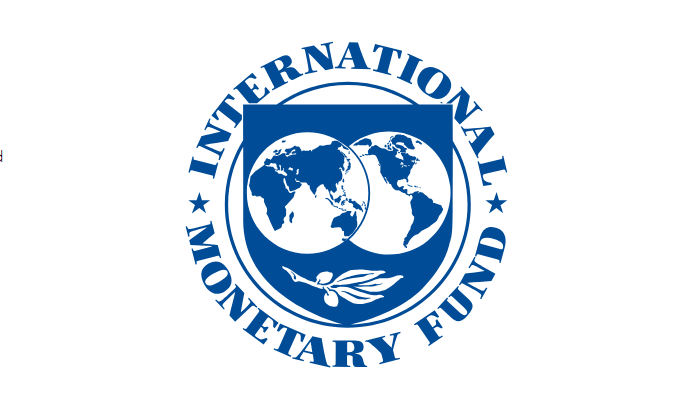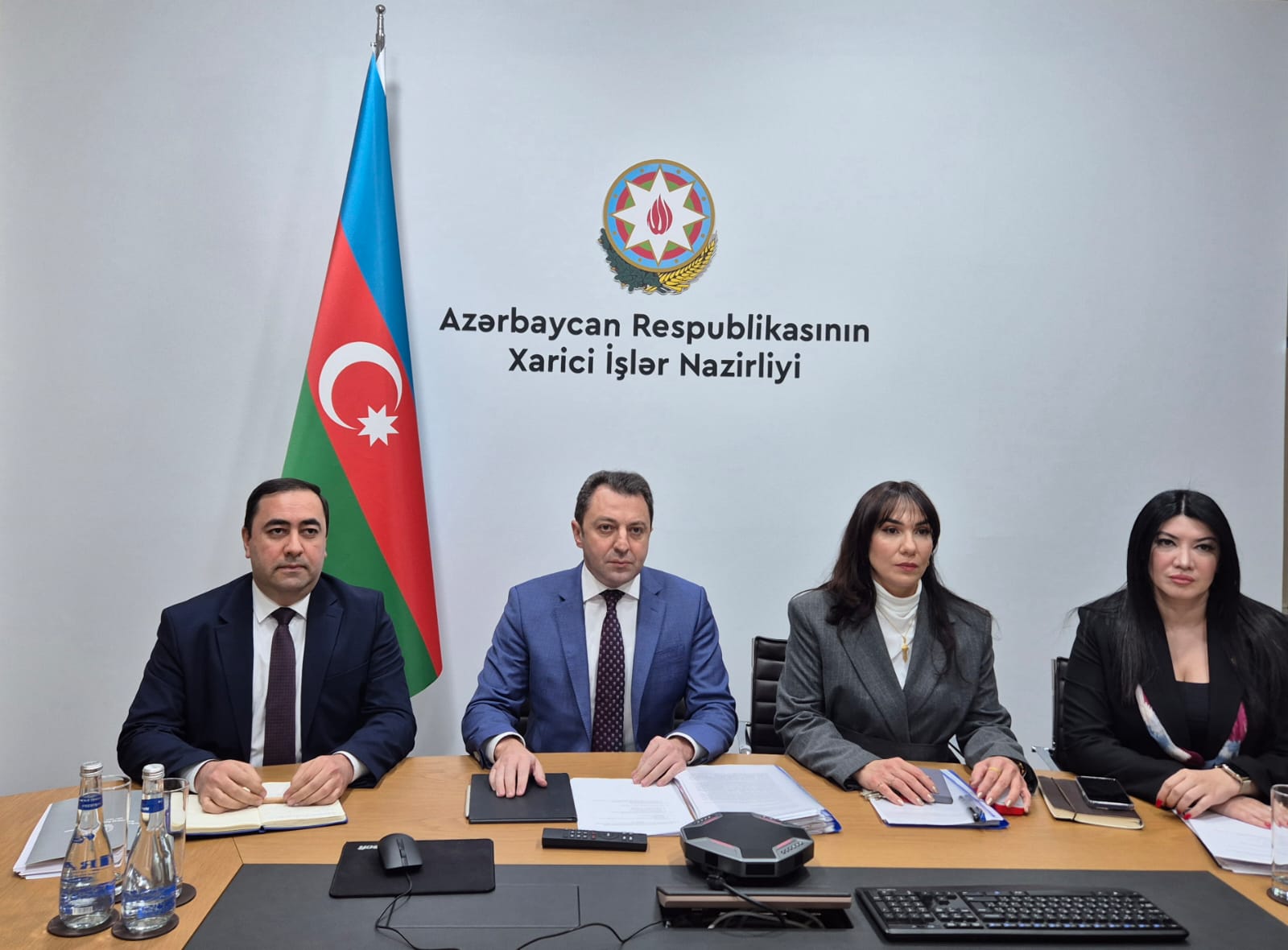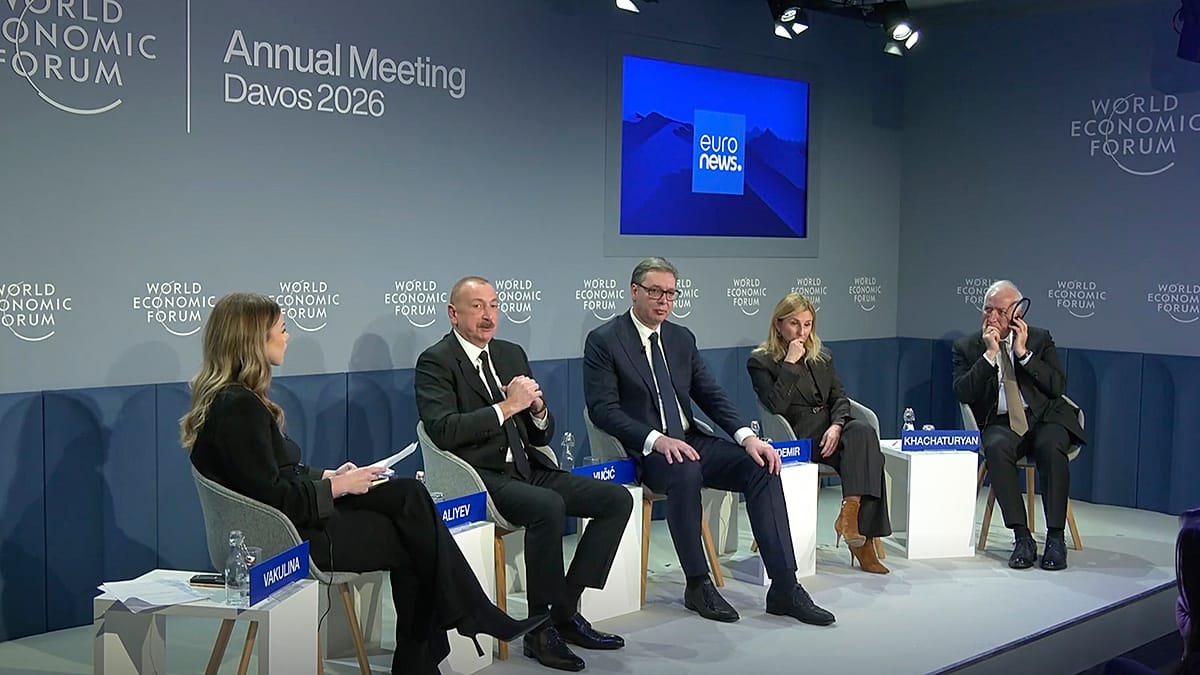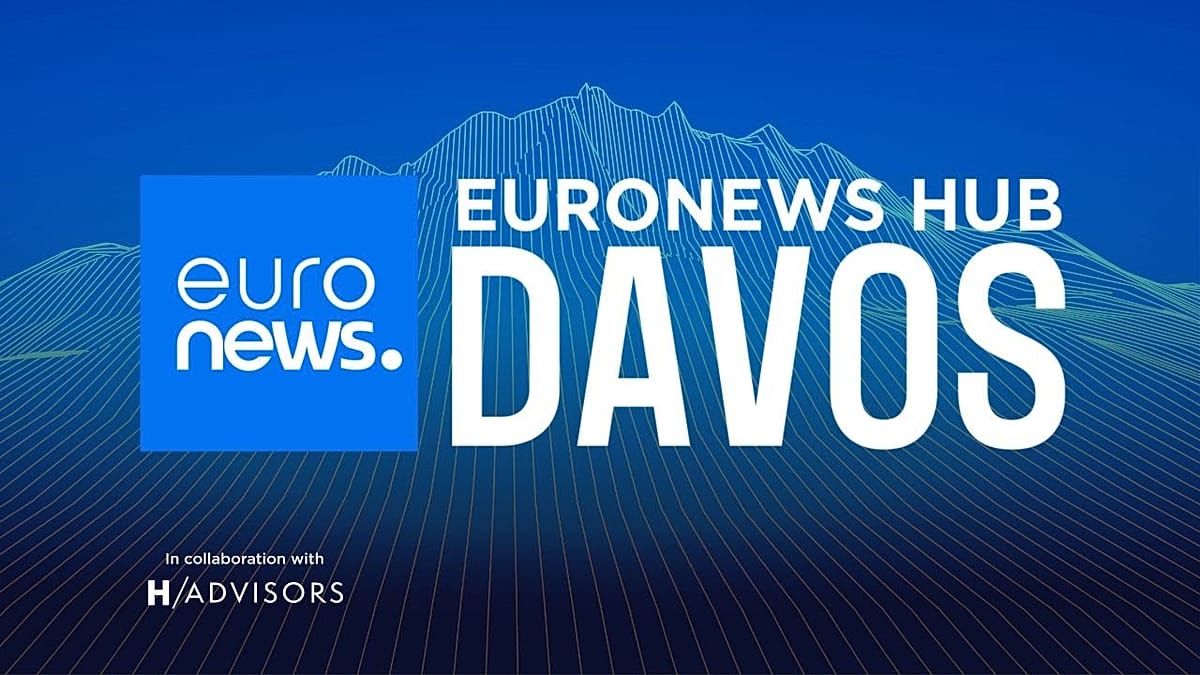Scaling European deeptech through startup-corporate collaboration: Interview with Stéphane Ouaki, Director of EISMEA

If you’re a European startup founder eyeing deep tech innovation, the European Innovation Council (EIC) is a name you should know. With a €10.1 billion budget under Horizon Europe (the EU’s flagship research and innovation funding programme) the EIC has become a powerhouse in supporting startups and SMEs, completing over 150 investment rounds, including 60 in 2024 alone. This robust investment activity underscores the EIC’s pivotal role in nurturing innovation across the continent.
A key driver of the EIC’s success in helping startups reach the market is its Corporate Partnership Programme (CPP). The CPP has facilitated the introduction of over 1,500 EIC-backed startups to more than 120 leading corporations such as ABB, ABInBev, Airbus, ENGIE, Ikea and Shell. This has already resulted in more than 100 deals and over 500 follow-ups. By facilitating these collaborations, the EIC accelerates the growth of Europe’s innovation ecosystem, ensuring startups have the resources to scale and thrive globally.
This structured approach to collaboration is the subject of the newly released EIC report, Unlocking Innovation with Corporate Venturing, capturing seven years of CPP data. The aim is to better understand what elements of these partnerships are critical for success, alongside understanding where there is room to grow. Drawing from this research, the EIC hopes to further strengthen Europe’s deeptech ecosystem, support startups as they scale up and overall industrialise innovation.
In this exclusive interview, Stéphane Ouaki, acting Director of EISMEA (the European Innovation Council and SMEs Executive Agency, which is responsible for the implementation of the EIC), shares his vision for the future of European deeptech startups. He discusses how the EIC Corporate Partnership Programme is playing a crucial role in scaling deeptech startups, the key challenges faced in corporate-startup collaborations, and how EISMEA plans to continue supporting Europe’s deeptech ecosystem in the years to come.
Thank you for joining us, Stéphane! To kick things off with a wider perspective, what are your top strategic priorities for the EIC Corporate Partnership Programme over the next five years? In other words, what can startups expect to see more of?
The EIC strives to be the investor of choice for visionary innovators, to unlock massive private deep tech investment, and to fuel breakthroughs in Europe’s green and digital transitions. The EIC Corporate Partnership Programme is a key part of this strategy. Over the next five years, we will continue propelling EIC-backed scale-ups by connecting them with decision-makers at Europe’s leading firms and helping them expand networks, win new clients, and accelerate growth. We are currently in the third edition of this programme, during which we will facilitate 31 hands-on Corporate and Multi-Corporate Days over 30 months, focusing on key strategic innovation areas such as Health, Biotech, Energy, and Sustainability.
Given your role at the helm of EISMEA, you have a unique vantage point on the challenges and opportunities facing startups across Europe. From your perspective, what are some of the biggest hurdles startups face when partnering with corporates, and how does the EIC CPP help to overcome them?
Fast-moving, risk-tolerant startups often clash with corporates’ layered, risk-averse decision chains, leading to stalled pilots and missed opportunities. This challenge is highlighted in the EIC’s recent report “Unlocking Innovation with Corporate Venturing”, citing ‘internal misalignment’ and the so-called ‘pilot trap’ as key reasons why many partnerships never scale.
The EIC Corporate Partnership Programme helps to overcome these hurdles with a structured, multi-phase framework. This matches startups to corporates, based on clearly defined innovation needs and shared objectives. The programme forges a unified roadmap by, on the one hand, partnering closely with corporates to pinpoint their most pressing challenges, and on the other, to equip scale-ups with intensive mentoring and stakeholder-alignment workshops. The result is clear governance and securing executive buy-in, laying the foundation for sustainable, long-term collaboration.
The EIC Corporate Partnership Programme has already enabled over 1500 startup-corporate collaborations and helped achieve more than 100 deals. Can you give a concrete example that demonstrates how such a partnership contributes to scaling innovation across Europe?
Holcim is a good example of a successful corporate-startup partnership made possible by the EIC Corporate Partnership Programme. By piloting Nanolike’s IoT inventory-management solution in Greece and scaling it globally, Holcim demonstrated how structured matchmaking, thorough preparation and strong operational commitment can turn a proof-of-concept into widespread deployment.
This, in turn, accelerates the scaleup’s path to industrialisation and enhances the company’s competitiveness. A good number of partnerships replicate this blueprint across diverse industries, generating validated pilots, aligning internal stakeholders and fostering executive buy-in. This ultimately advances the systemic adoption of cutting-edge technologies and strengthens Europe’s innovation ecosystem.
The EIC Corporate Partnership Programme is part of the EIC Business Acceleration Services (BAS), which offers a range of tailored programmes to help startups scale. For readers who may not be familiar with the BAS, how does the EIC CPP fit into this broader initiative, and how does it work alongside other BAS programmes to support startups in Europe?
The EIC Business Acceleration Services (BAS) offers a range of tailored programmes to help startups scale, encompassing three main pillars: Contracts, Contacts, and Skills. The CPP specifically supports the “Contracts” pillar by facilitating partnerships between startups and large corporations. It works alongside other BAS initiatives, such as the EIC Innovation Procurement Programme, Investor Readiness Programme, and Scaling Club, creating a comprehensive ecosystem that supports startups with business development, investment readiness, internationalisation, and ecosystem integration.
EISMEA has just released a new report, Unlocking Innovation with Corporate Venturing, examining why so many corporate-startup partnerships struggle to deliver. What are some of the key takeaways from that research, and how are they shaping the CPP’s approach?
The report confirms many of the things we’ve learned over the past few years, particularly around the importance of structure. One of the biggest blockers to successful partnerships is internal misalignment within corporates between business units, priorities, or even between innovation teams and procurement. That’s why many engagements never move beyond the pilot phase.
What we’ve seen is that success depends on four things: clear strategy alignment, far-reaching internal commitment, strong in-house skills, and a willingness to experiment. These pillars are at the core of how we’ve built the CPP, from the tailored scouting and challenge framing to the post-engagement follow-up. By embedding this structure in our approach, we’ve been able to significantly improve the chances of scale-ups securing real, lasting deals.
As global competition intensifies, particularly with the US and Asia, where do you see Europe’s unique opportunity to lead in innovation? How can initiatives like the EIC CPP help strengthen Europe’s position?
Europe’s innovation leadership is rooted in its research excellence and strong and vibrant deep tech sector. The EIC Corporate Partnership Programme accelerates this by fostering a clear win-win for startups and major corporations alike. With this, corporates are fuelled by homegrown innovations, allowing them to face global competition, while European startups get the opportunities to scale in Europe, instead of having to look elsewhere for opportunities to grow. By fostering strategic partnerships and providing access to new markets and investment, the Programme contributes to enhancing Europe’s competitiveness, reducing dependencies, and opening new opportunities. The key to securing Europe’s leadership in the global innovation race is a collaborative ecosystem. The CPP has grown to become an indispensable initiative to achieve this.
If you’re a European startup founder or decision-maker at a corporate, you can download the full EIC report here, or explore what it means to become a partner in the EIC Corporate Partnership Programme here.
The post Scaling European deeptech through startup-corporate collaboration: Interview with Stéphane Ouaki, Director of EISMEA appeared first on EU-Startups.















































